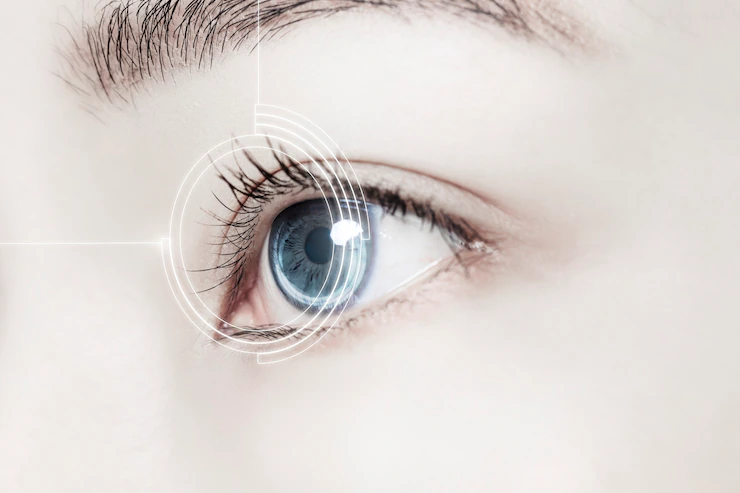According to a study, researchers showed that people with minimal eye damage due to weak or damaged blood vessels caused by vascular disease have a higher risk for memory problems. The investigators stated that problems with blood vessels in the eyes (retinopathy) may give us an important clue that blood vessels in the brain are not functioning properly, which is all the more reason to go for periodic eye screening.

This could possibly help identify people at risk for dementia. One common cause of retinopathy is diabetes and uncontrolled high blood pressure, both of which have been linked to a greater risk for declines in memory and thinking. In an examination of data received from 39 women, results revealed that a higher number of microbleeds was associated with lower memory score and worse performance on tests of information processing speed and motor speed. When analyzed per category, presence of 5 or more microbleeds was associated with worse performance in all cognitive domains, except memory.
Can antioxidants help? Researchers showed that long-term administration of high concentrations of antioxidants, the same nutritional antioxidants that have been demonstrated to slow the progression of AMD, have yielded encouraging results in preventing the pathogenesis of retinopathy in diabetic rodents.
These results suggest the merit of testing the antioxidants in a clinical trial to prevent the development and/or progression of diabetic retinopathy, with the possibility of reducing the impact of this common vision-threatening disease.



